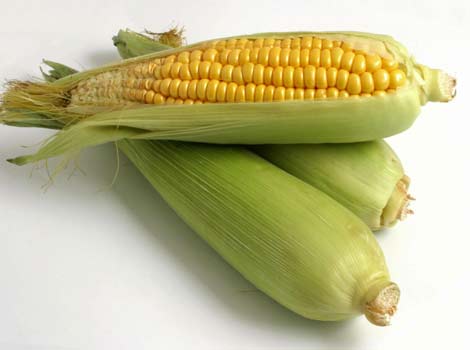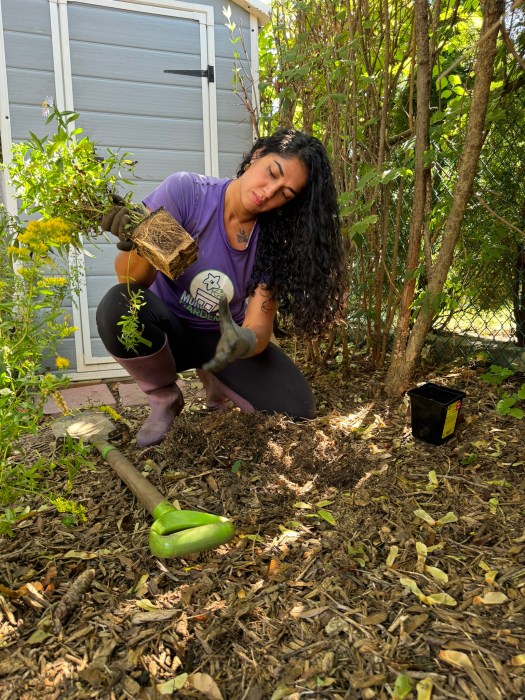 New York Farm Bureau announced Wednesday a package of disaster aid requests to state and federal officials to help the agricultural industry recover from the devastation of Hurricane Irene and Tropical Storm Lee.
New York Farm Bureau announced Wednesday a package of disaster aid requests to state and federal officials to help the agricultural industry recover from the devastation of Hurricane Irene and Tropical Storm Lee.
“This is a critical situation for farmers,” said Dean Norton, president of New York Farm Bureau. “This is an unprecedented, catastrophic disaster which calls for an unprecedented response from government. We need help. If there was ever a time for government involvement and investment, this is it.”
Farmers throughout the impacted areas lost crops, precious soils, barns and other outbuildings, equipment and livestock.
“Without help, we are concerned about the potential permanent loss of many family farms, which will certainly have a negative impact on our rural economy,” Norton said. “Without consumer support in rebuilding our farms, our rural communities, and demanding that the markets keep carrying our products, the long term impacts of Irene and Lee will permanently change the agricultural fabric in New York State.”
“At the same time, we need to remember that New York is a geographically diverse state. Farmers in Western New York and the North Country do still have wonderful locally grown products to sell, and we urge the public to keep demanding New York grown foods,” said Norton.
“NYFB is receiving countless calls from members of the public asking how they can support our family farms – the single best answer is to walk into a grocery store, walk into a farm market or local farm stand, and purchase New York grown fresh fruits and vegetables, dairy products and specialty agricultural goods.” Norton continued. “If your local Hudson Valley farm stand is selling a Western New York onion, or even an out-of-state onion, recognize that this year it’s vitally important to purchase that product directly from a farmer, or demand a New York grown product in your local grocery store, so that we can keep our farms in the minds of the wholesale and retail purchasers of our products.”
Specifically Farm Bureau is asking for:
More state emergency aid funding dedicated specifically for agriculture, ensuring that farms survive this crisis and remain in business, providing jobs and economic activity.
Farmers are also asking for quick Congressional passage of the Post-Irene Emergency Farm Aid Act introduced last week by Sens. Gillibrand and Schumer, as well as Reps. Gibson, Tonko, Hinchey, Owens, Hanna, Reed and Hayworth. The bill would authorize $10 million to help pay for the removal of debris in crop fields, repair damaged stream banks and waterways, replace soil washed away by flood waters, replace conservation fencing and meet other emergency needs.
Farm Bureau is also asking for Congress to fully fund the existing USDA disaster programs, including the Emergency Conservation Program, which already have a back log from the national weather events that have occurred this year. Senator Schumer and Gillibrand have been instrumental in taking the lead on this issue in the U.S. Senate appropriations process, but the full Congress has to act to secure relief.
Farm Bureau is also asking that USDA drop mandatory up-front buy-in requirements for farmers to be eligible for disaster aid.
Other big requests include state and federal extension of tax deadlines for farmers and farm businesses.
“Farmers who are trying to clean significant amounts of mud and debris, rebuild barns and replace livestock should not be burdened with paperwork deadlines for tax filings,” Norton said.
Farm Bureau is asking the IRS to postpone deadlines for all reporting and deposit requirements until January 2012. This would include employer payroll taxes and withholdings as well as highway use taxes.
Farm Bureau is also asking the IRS to automatically waive late filing and late payment penalties through July 31, 2012.
State Deadlines for reporting and deposit requirements should also be postponed until the end of November. An automatic state waiver of late filing and late payment penalties should be made available through July 31, 2012 as well.
“Farmers in impacted areas are in a precarious situation, with major concerns about the future of their own farm, their neighbor’s farm, and their rural communities,” Norton said.
“As is typical during disasters, farmers are pitching in to help their neighbors, donating feed, transportation and housing cows, as well as opening up their unused greenhouses as donation centers,” said Norton. “But the amount of damage is so significant, that unless the government steps in to truly help rebuild these communities, small businesses and farms, we will not have the same agricultural state we have all enjoyed for many decades.”
Due to the destruction of produce and crops, many farms have no cash flow for the rest of this year and will have no income until harvest and sale of their produce/crops next year.
Similarly, many dairy farms will not break even until their milk production reaches pre-disaster levels, which takes time. They will also have a major new expense of purchasing cattle feed, since their forage crops were destroyed.
To help farm families manage through this crisis, farmers and Farm Bureau are also asking for state funding for New York FarmNet, which helps farmers deal with mental heath and financial crisis situations and the New York Center for Agricultural Medicine and Health, which
helps farmers with on-farm safety and safety issues related to flooding clean-up.
Meanwhile, the inadequacies of the current crop insurance program must be addressed in the next Farm Bill to ensure that farmers do not have to face this kind of widespread disaster without sufficient safety nets in the future.
“This disaster should be a wake-up call for the USDA and Congress to address the inequities in the federal crop insurance program and get it fixed,” Norton said. “I was pleased to have the opportunity to speak with USDA Secretary Vilsack about this issue, and hope that this tragedy can at least help spur some much needed, long term fixes in the crop insurance system so that farmers will have access to a tool that is effective if a disaster of this scope strikes again.”


































